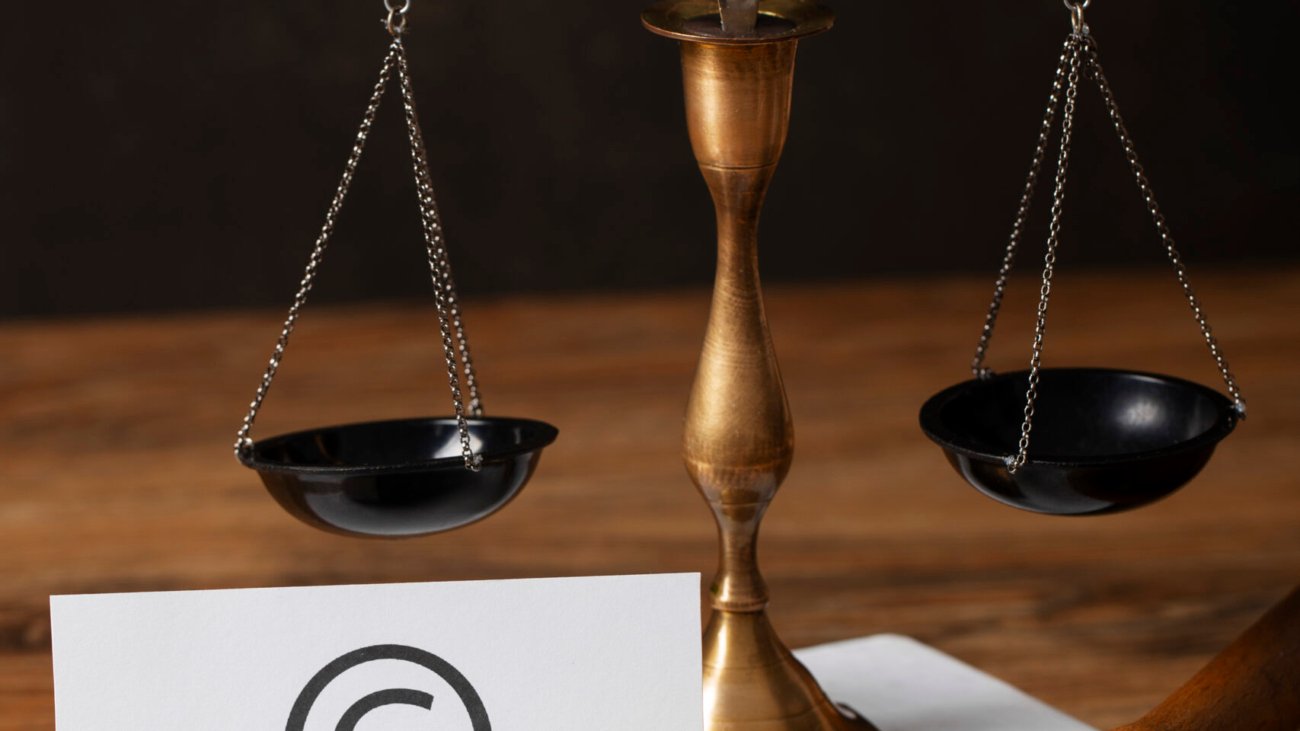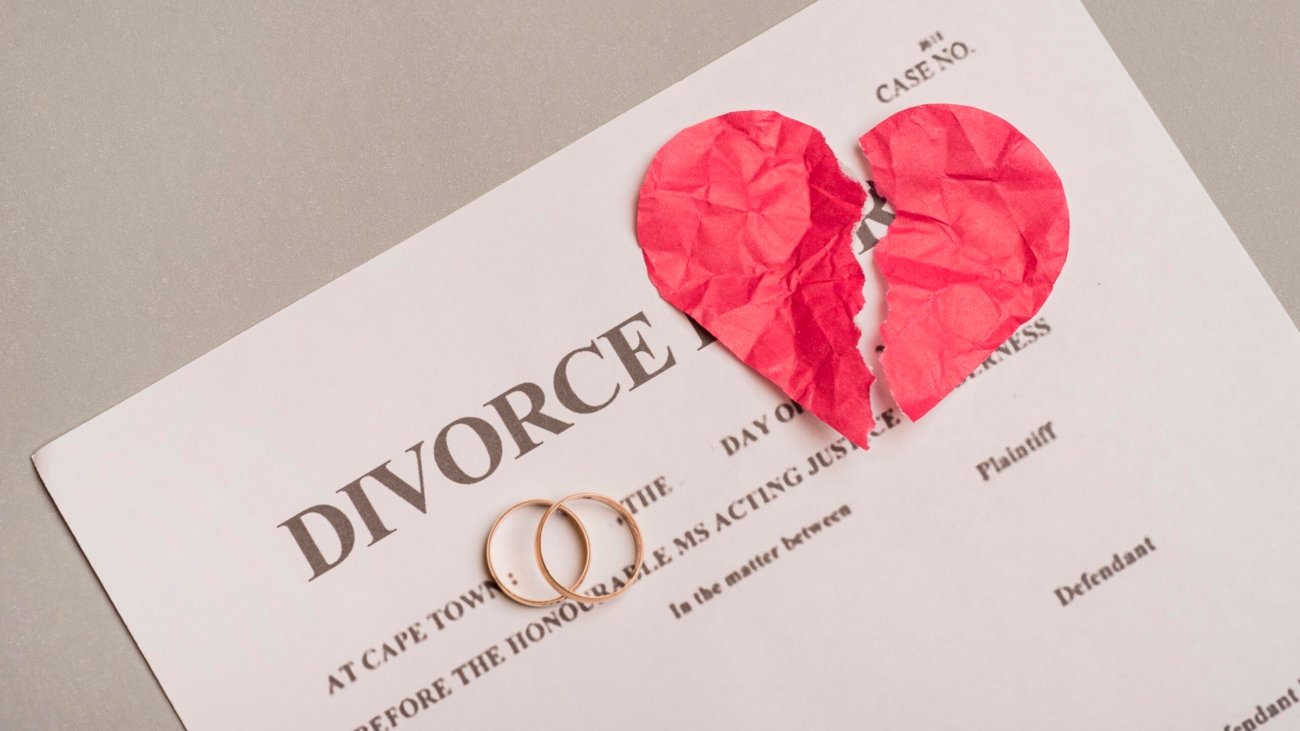Legal issues can arise unexpectedly and escalate quickly if not addressed early. Many people delay seeking legal help, thinking the problem may resolve itself or that hiring a lawyer is unnecessary. However, timely legal support can prevent serious consequences. Here are five key signs that indicate it’s time to consult a lawyer:
1. You’re Facing Criminal Charges or Legal Accusations
Whether it’s a minor traffic violation or a serious criminal charge, any legal accusation should be handled with professional legal representation. A lawyer can protect your rights, guide you through court proceedings, and work towards minimizing penalties or even getting charges dismissed.
2. There’s a Dispute Over Property or Inheritance
Property disputes among family members or neighbors are common and often emotionally charged. If there’s disagreement over property ownership, land boundaries, or inheritance rights, a lawyer can help mediate, gather evidence, and represent your interests in court if needed.
3. You’re Starting or Running a Business
From setting up a company to drafting contracts or handling disputes with vendors or employees, business-related legal issues require clarity and precision. A business lawyer ensures compliance with laws, protects your intellectual property, and avoids costly legal mistakes.
4. You’re Going Through Divorce or Family Issues
Legal support is essential in emotionally sensitive matters like divorce, child custody, alimony, or domestic violence. A family lawyer can help you navigate complex procedures, protect your rights, and work towards a fair resolution that supports your future well-being.
5. You’ve Been Injured or Wronged Due to Negligence
If you’ve been harmed due to someone else’s carelessness such as in road accidents, workplace injuries, or medical malpractice you may be entitled to compensation. A lawyer can evaluate your case, collect evidence, and help you claim what you legally deserve.
Conclusion
Legal challenges are often time-sensitive. Waiting too long can weaken your case or limit your options. If any of the above situations apply to you, it’s time to speak with a qualified lawyer. Taking early legal advice not only protects your rights but also ensures a more secure outcome in the long run.






